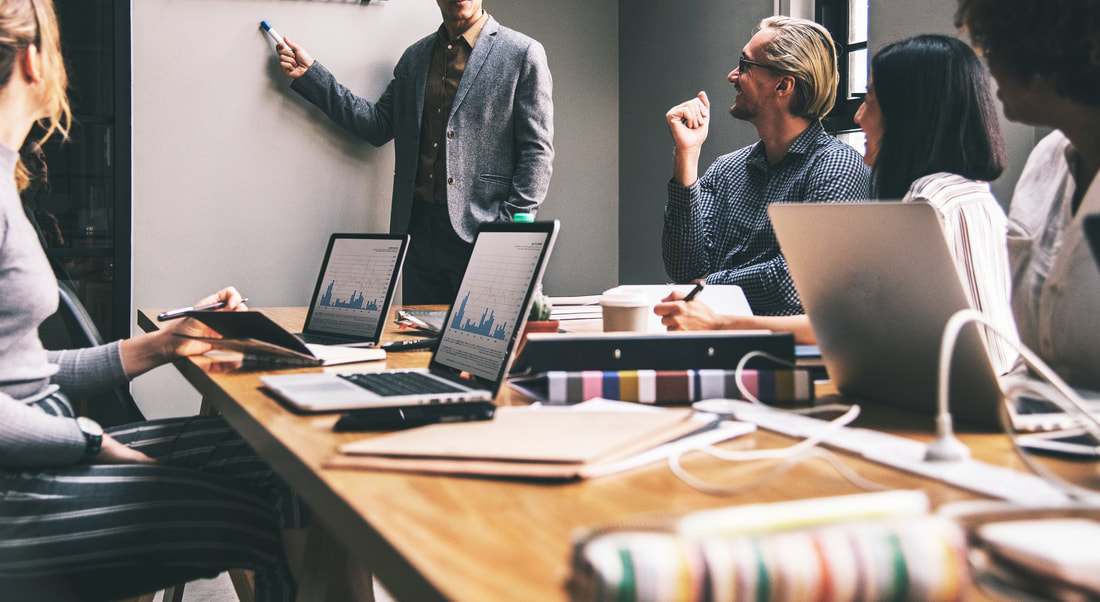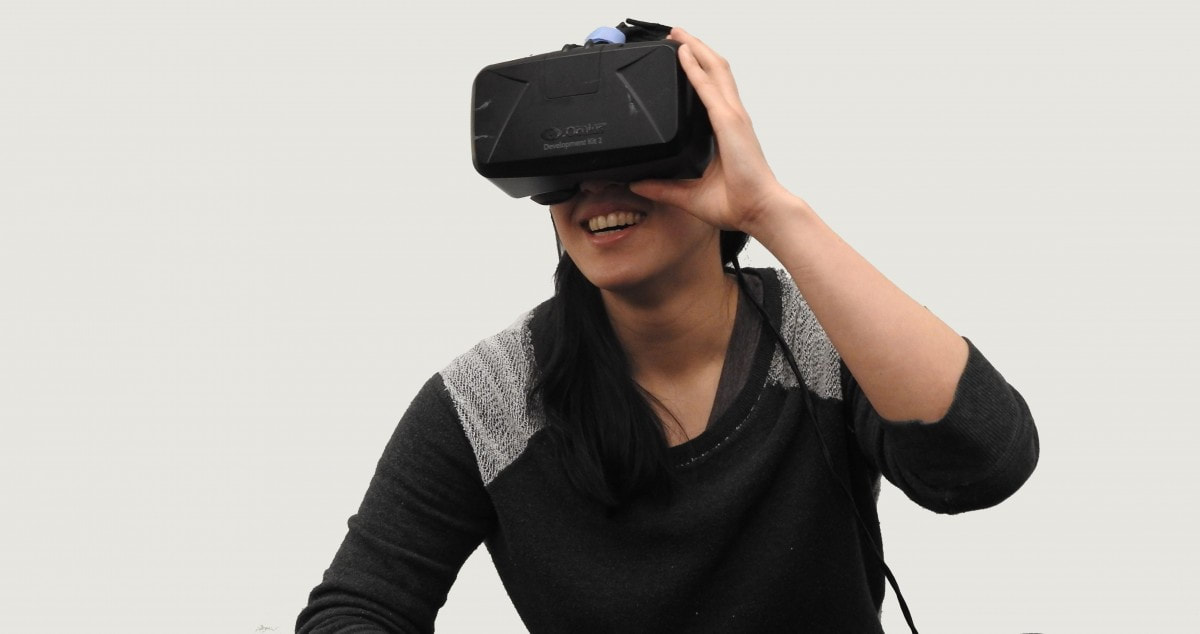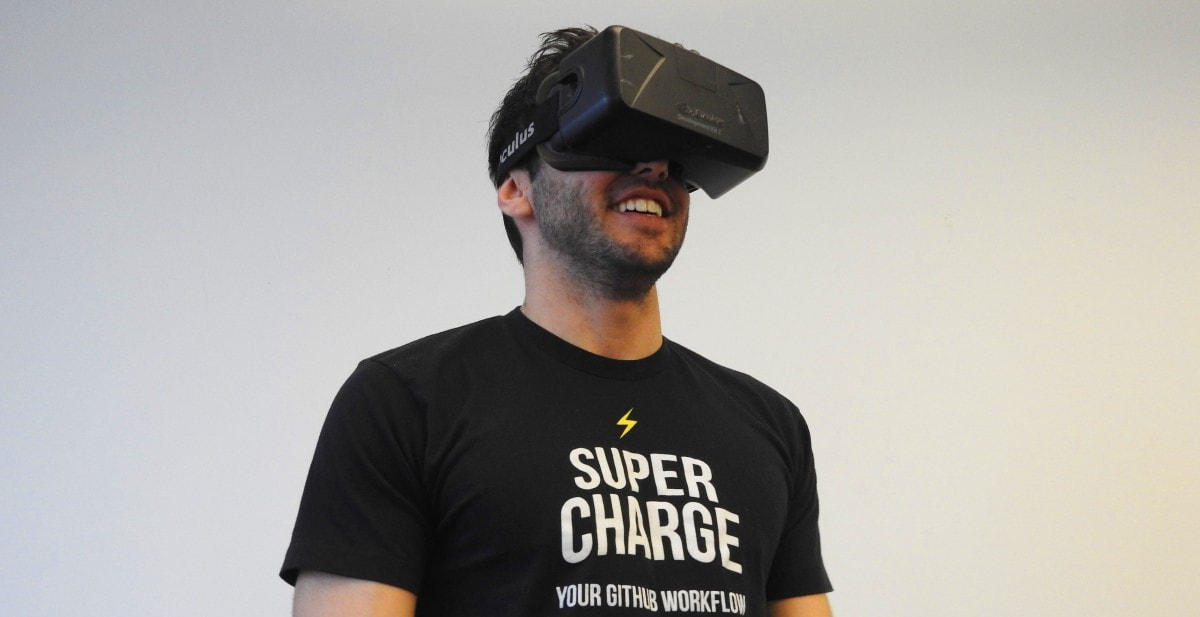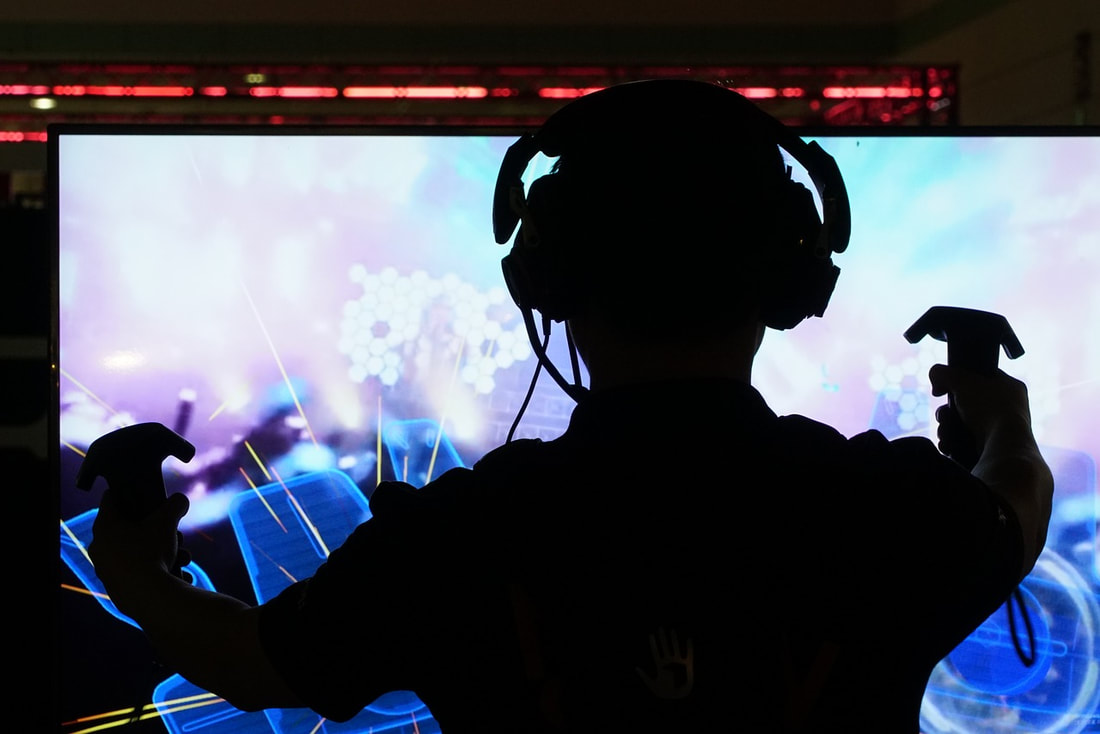Intellectual Outputs
|
Description
|
Academicians from BATI (doctors, psychologists, etc.) and Izmir Probation Directorate experts (psychologists, social workers etc.) will conduct literature research and review best practices regarding drug addiction therapies; addiction therapies with technology; and drug addiction therapy using VR technology. As a final product, an academic report will be delivered.
This research will also provide key information to define the target group profile and the most suitable type of scenarios which can be adapted during O2. |
|
Activities
|
O1/A1. Researching, Collecting and Reporting for Best practices of Methodologies on Drug Addiction Rehabilitation
Conduct desk research regarding best practices on drug rehabilitation methodologies that use technology tools around Europe (such as software programmes of virtual reality, mobile applications, etc.) and contact organisations which have already applied the relevant methodologies. The methodologies will be researched and reported according with the views of experts (probation experts/officers, doctors, health care workers) and individuals who experienced substance misuse problems (who received treatment using the methodologies). O1/A2. Creating A Research Book on Best Practices of Methodologies on Drug addiction Rehabilitation After researching the most suitable profile and techniques for the target group in the research pool, it will be prepared an article by all partners and published on an international journal. |
|
Leader
|
District Governorate of Torbali - DGT
|
|
Timetable
|
01/02/2019 to 31/08/2019
|
|
Description
|
A new methodology using VR technology will be created aiming to support people who are sentenced to probation measures and are abstinent from substances and still struggling with drug addiction problems, such as craving, depression, cognitive and behavioural problems in real life etc.
|
|
Activities
|
O2/A1. Creating a prototype software programme for VRforDrugRehabilitation Programme
Psious will adapt VR scenarios that include VR technology for the specific cases of individuals with substance misuse problems, having into consideration the observations of experts (psychologists, doctors, social workers etc.). These scenarios will be adapted for cases where probationers have ceased medical treatment or are still in the process of receiving medical treatment during the abstinence stage. Before delivering the final software, a prototype will be produced as a pre-pilot programme to test the software in English, Turkish, Spanish, Portuguese and Romanian languages. The scenarios efficiency will be tested with a probationer volunteer in each partner country. O2/A2. Creating full version software programme for VRforDrugRehabilitation Programme The final version of the software programme will be produced by Psious with the assistance of all partners, which can be used during the pilot programme (O4/A1). The software programme will be developed in order to be adapted to the current rehabilitation processes used in probation systems. After conducting individual interviews with offenders and exploring if they fit the criteria to participate, offenders will be prepared for the pilot programme, in case they decide to do so voluntary. After guarantying that the offenders understand the protocol of the pilot programme, they will engage in one or two sessions that include using VR glasses and giving feedback verbally or neuropsychologically. There will be criteria to select offenders (which will be obtained from the research in O1), such as not having heavy mental health problems; still using drug or alcohol; psychopathology; etc. |
|
Leader
|
Psious
|
|
Timetable
|
01/04/2019 to 31/12/2019
|
|
Description
|
It is really important to understand and determine how a probation expert can and should use the VR technology and what principles are used in substance misuse rehabilitation. In order to do this, a new trainer training for rehabilitation and probation experts who work with young adult offenders who experience substance misuse problems will be developed. The output leader will set up the implementation strategy and direct tasks for partners. A guidebook to use in trainer trainings during and after the project will be developed.
|
|
Activities
|
O3/A1. Development of the Trainer Training of VRforDrugRehabilitation Material
Izmir DSM, with the support of BATI, will be the output leader responsible for preparing the training modules for probation experts and rehabilitation professionals who work with probation services. A guidebook will be compiled while Psious provides key expertise input on how to use VR technology during the trainers and facilitate workshops with participants to practice best practices on VR technology use for rehabilitation (equipment, monitoring, feedback methods etc). O3/A2. Piloting and Fine-tuning the Trainer Training The training programme is divided into 3 modules and will count with the participation of probation and rehabilitation experts, from all partner countries, who work with young adults who have experienced drug problems. After finishing the 3 training modules, the effectiveness of the modules will be tested with academic techniques, including scales and satisfaction surveys (counting with the support of BATI). A report of the research results will be prepared. O3/A3. Creating a Handbook: "Pathways for Rehabilitating Drug User Convicts by Technological Tools" After testing the training modules, a handbook for experts that includes the training module’s techniques and results, called "Pathways for Rehabilitating Drug User Convicts by Technological Tools" will be prepared. The handbook will be distributed on digital platforms and will be sent by e-mail to managers and profession staff at general directorate of probation services, universities, health centres and other stakeholders locally and regionally. |
|
Leader
|
Izmir Probation Directorate – Izmir DSM
|
|
Timetable
|
01/09/2019 to 31/08/2020
|
|
Description
|
A pilot programme will be created, called "VRforDrugRehabilitation". The pilot programme will include the voluntary participation of young adult probationers who have experienced substance misuse problems to wear VR glasses and watch and follow the rehabilitation experts’ guidance and directions. A guidebook about the new methodology will be created, which will represent a key result that will benefit the work of experts who are interested in using VR for drug addiction therapy and rehabilitation in the probation system. In addition, a pilot programme will be structured and conducted during the project by experts in probation services.
|
|
Activities
|
O4/A1. Piloting and fine-tuning of the VRforDrugRehabilitation Programme on Drug Users in Probation Service
A pilot programme will be created involving young adult probationers who have experienced substance misuse problems. The scenarios will be interactive, and experts will take notes and register neurofeedback such as heart rate variability, SGR system. O4/A2. Creating a Guide Book about Using VRforDrugRehabilitation The pilot programme will be tested statistically by each partner team. After the pilot programme has ceased in each country, a Guidebook about "Using Virtual Rehabilitation for Drug Addiction: A Pilot Programme" will be produced. |
|
Leader
|
Ege University Institute on Drug Abuse, Toxicology and Pharmaceutical Science - BATI
|
|
Timetable
|
01/05/2020 to 31/12/2020
|






